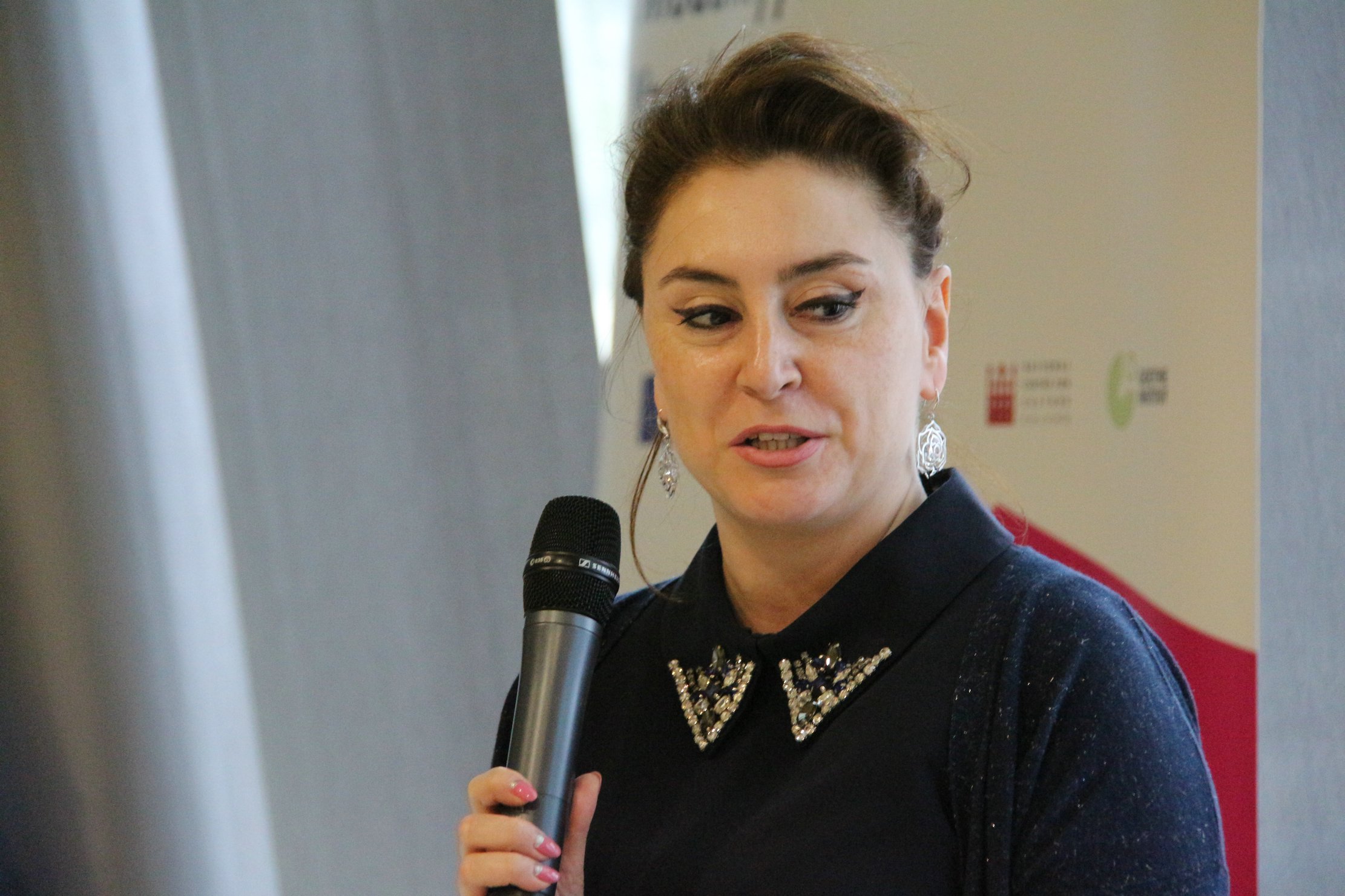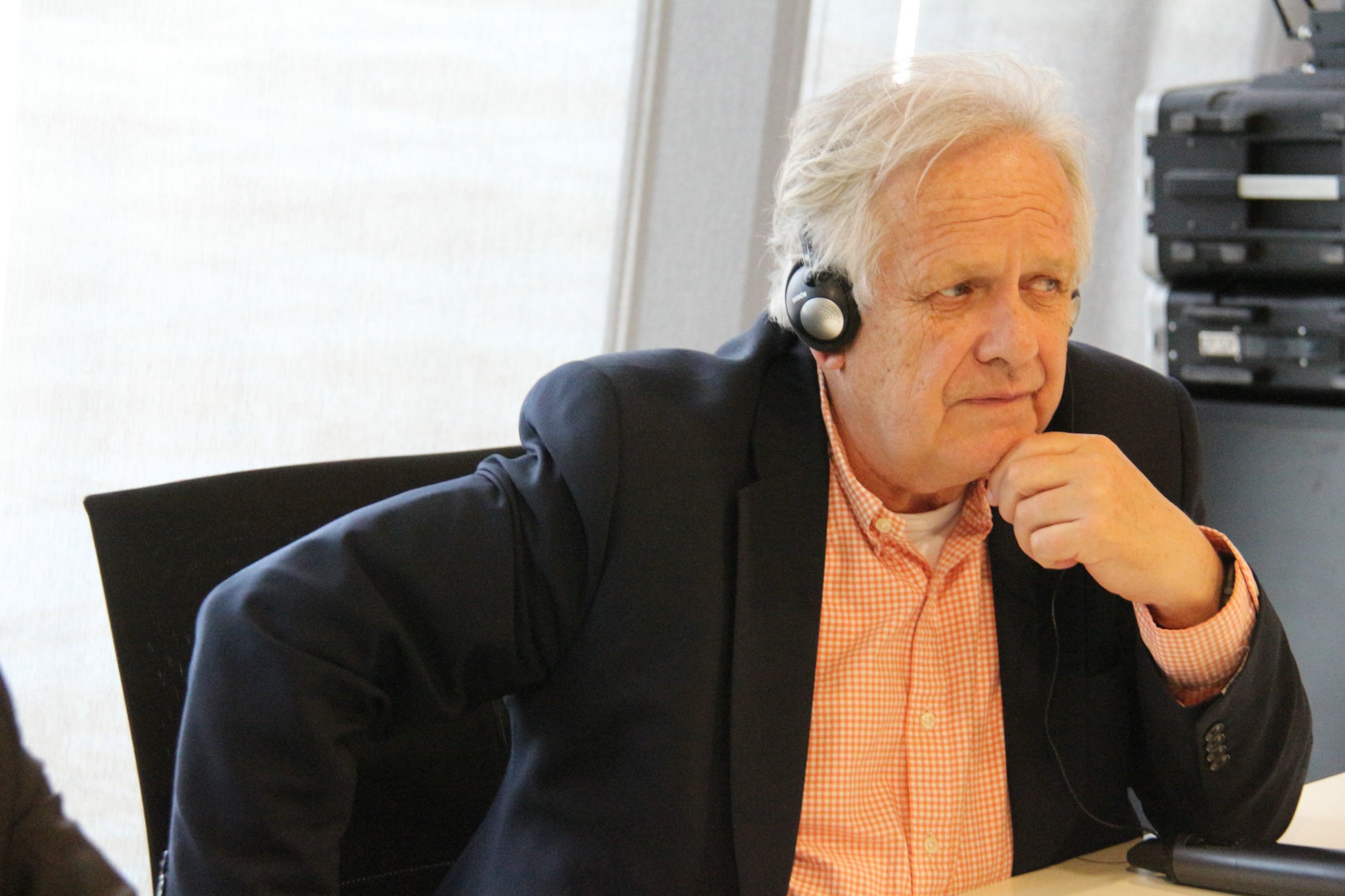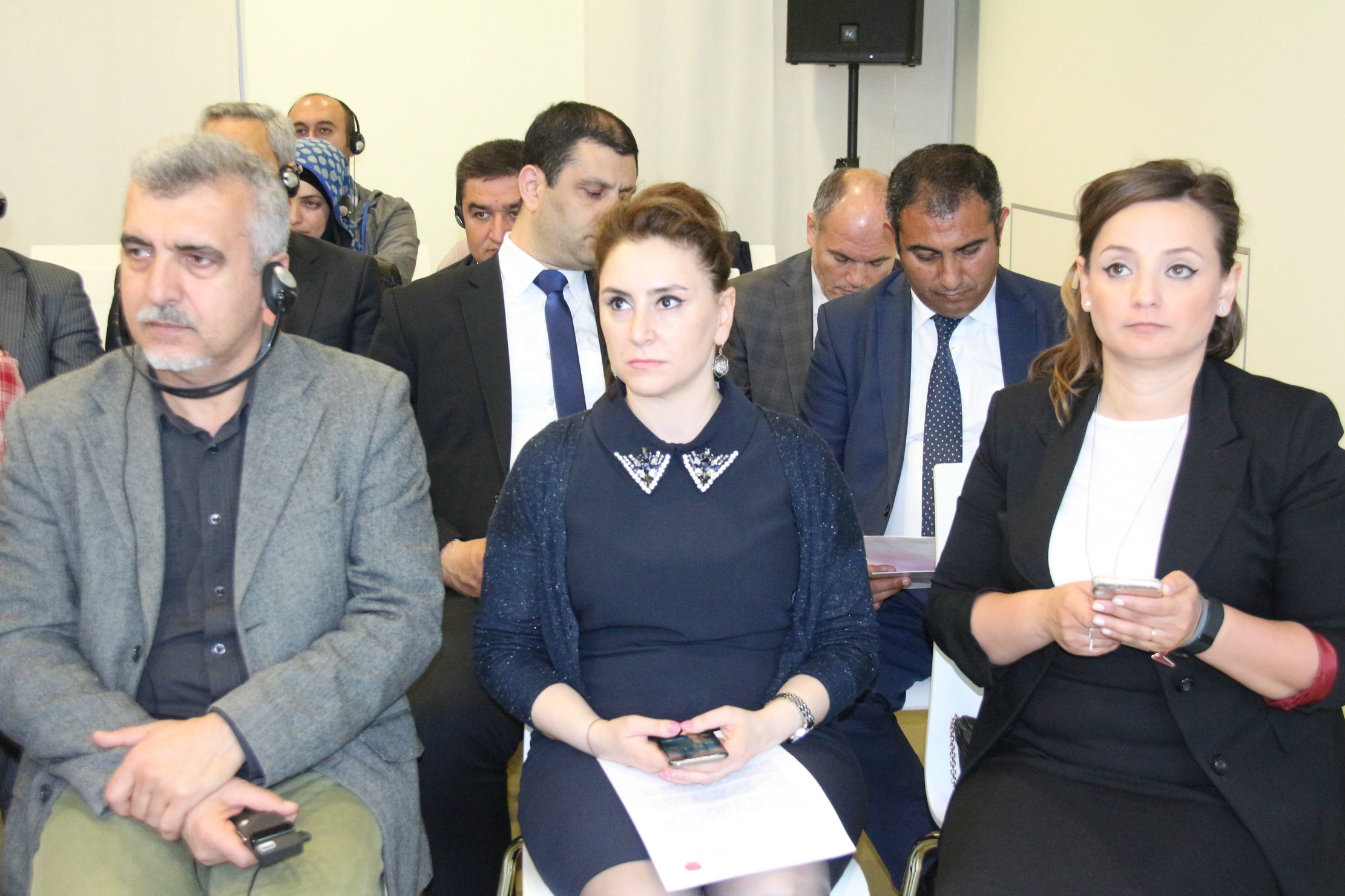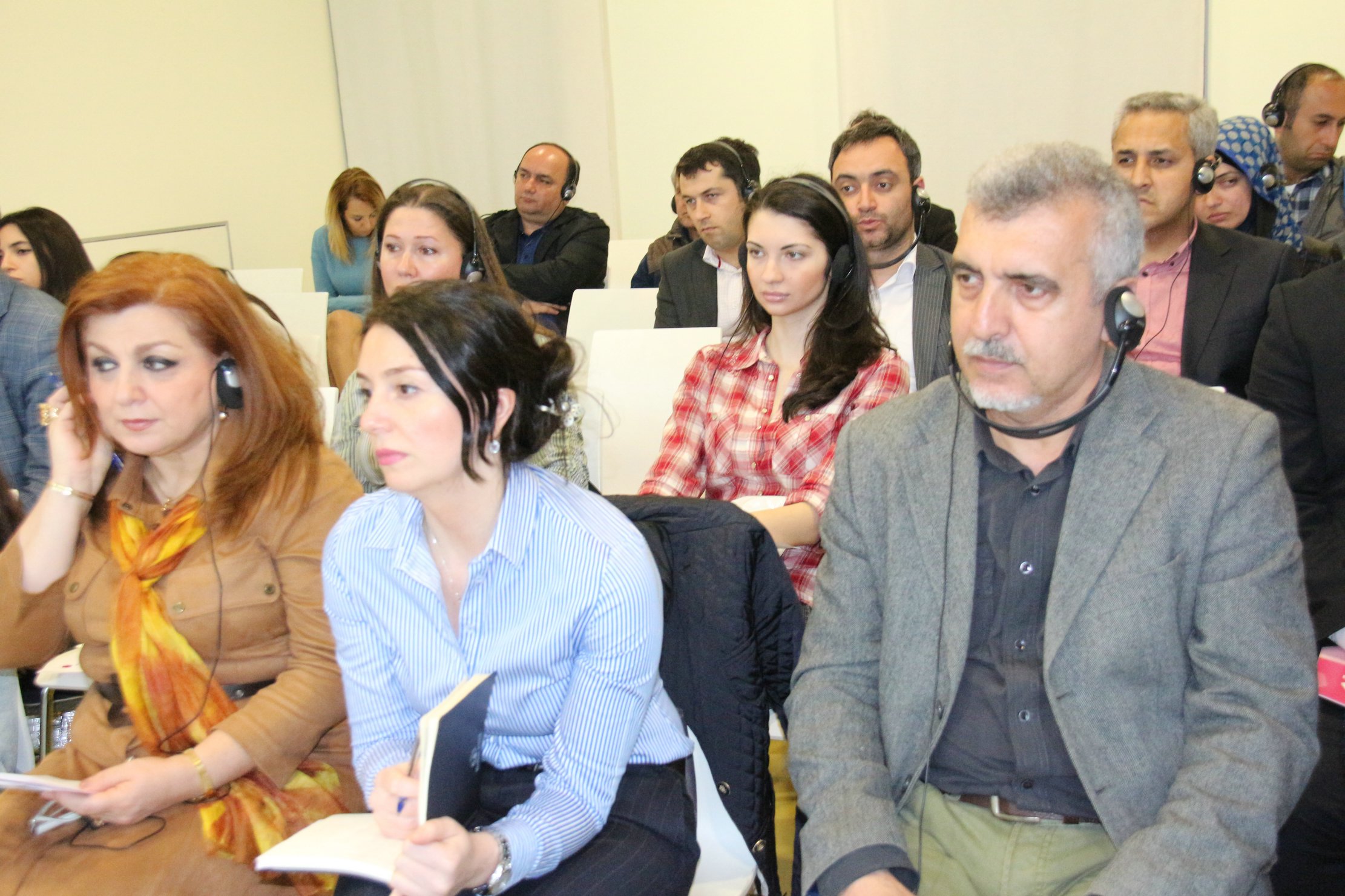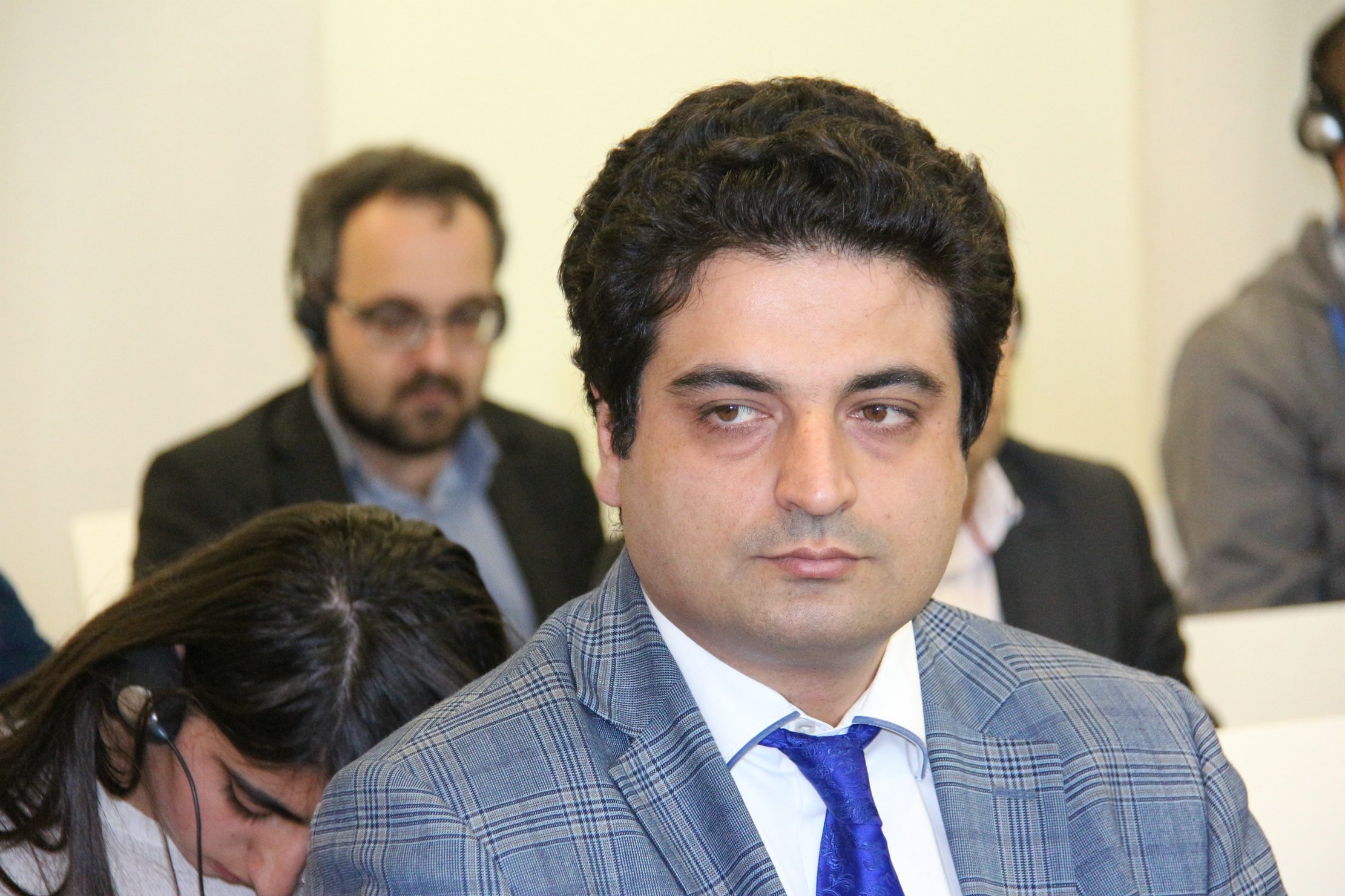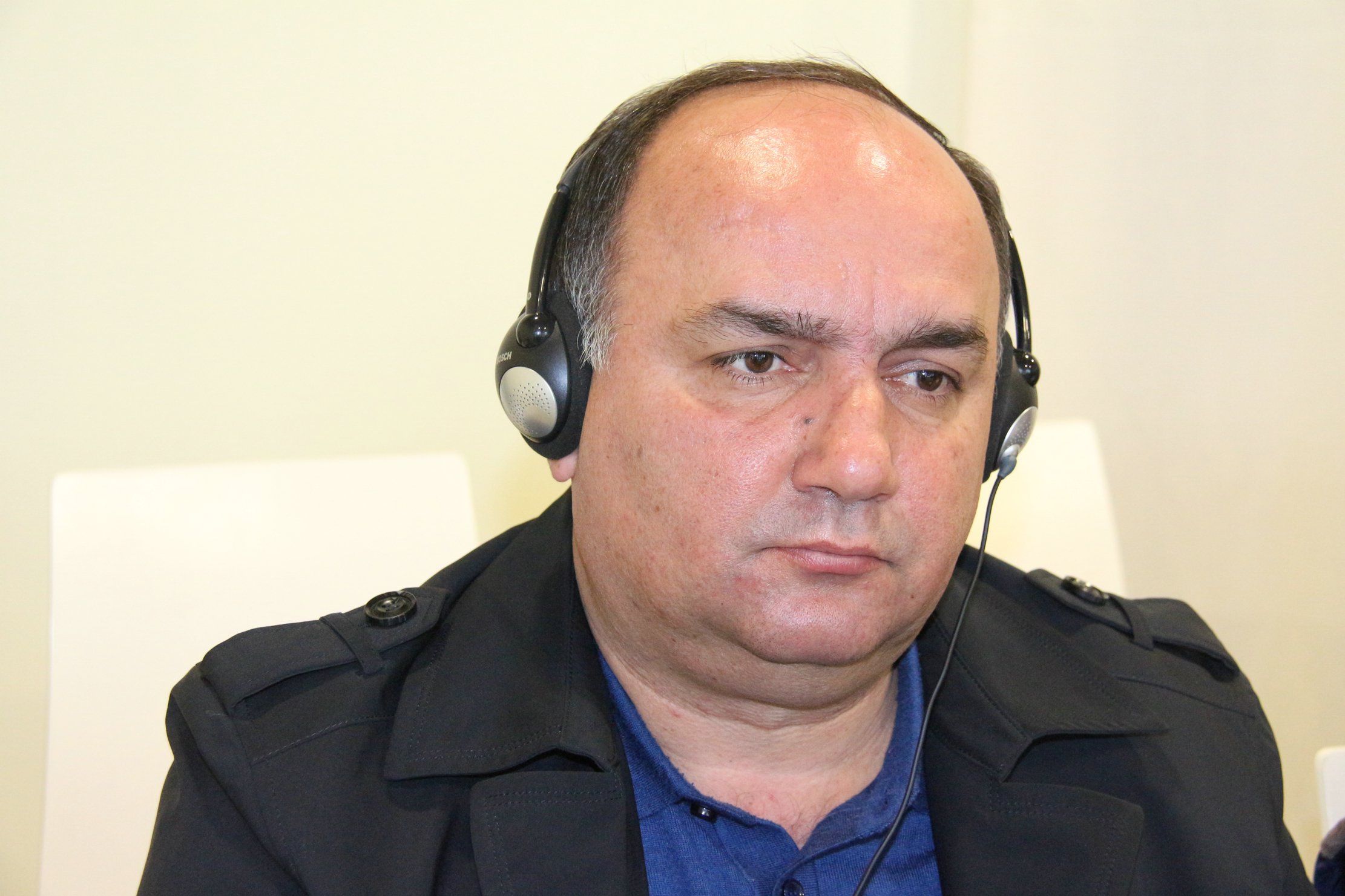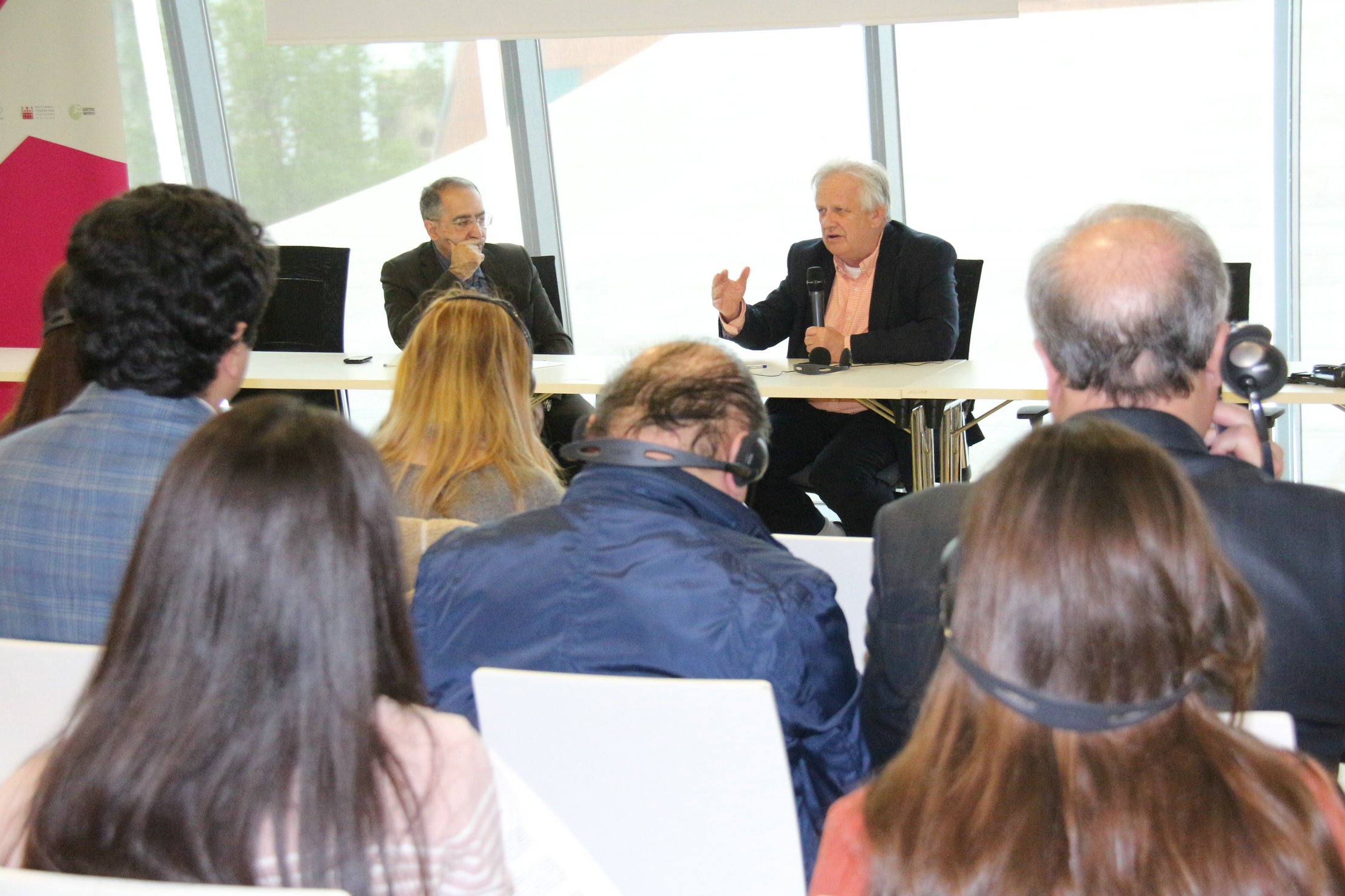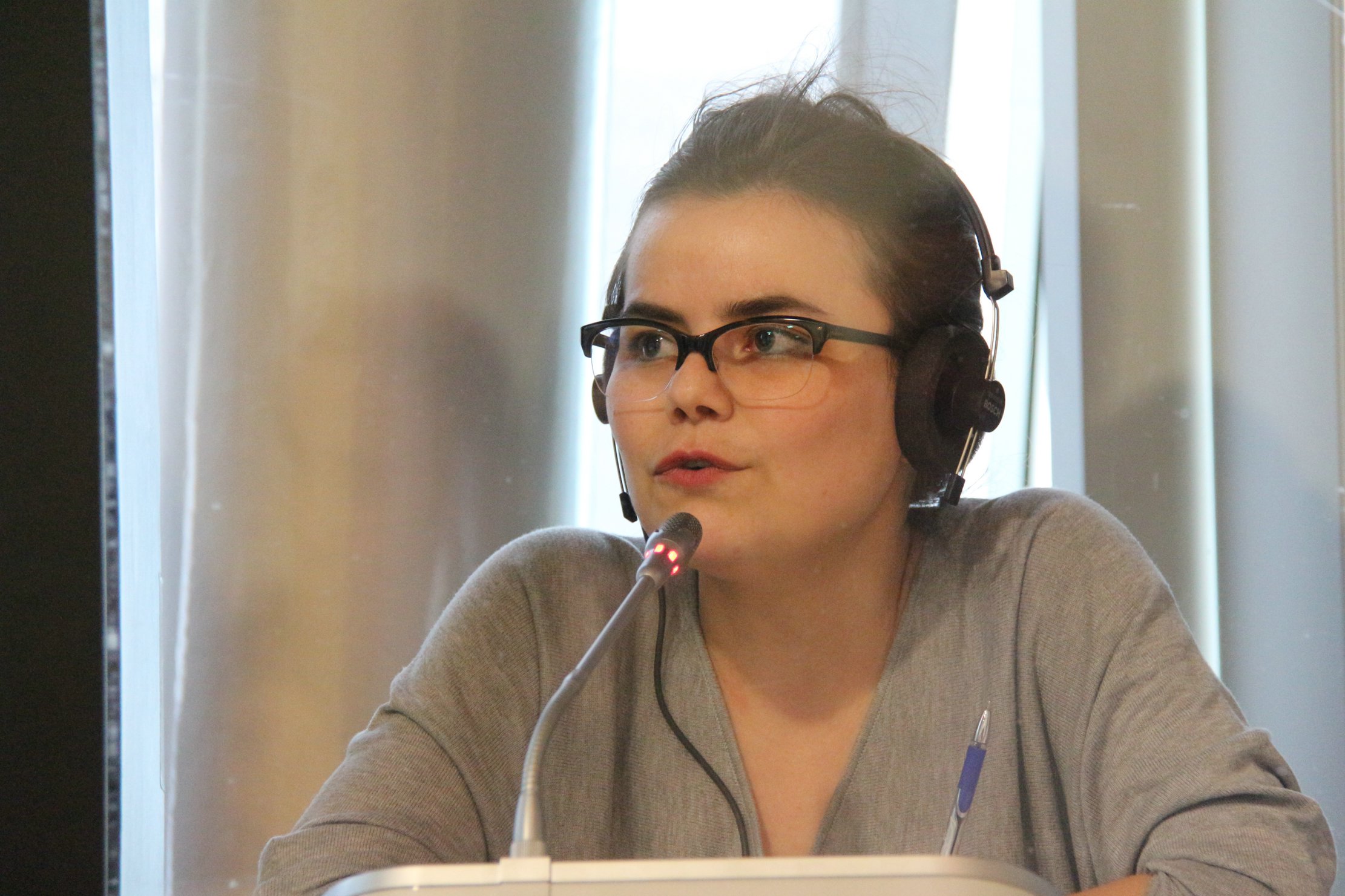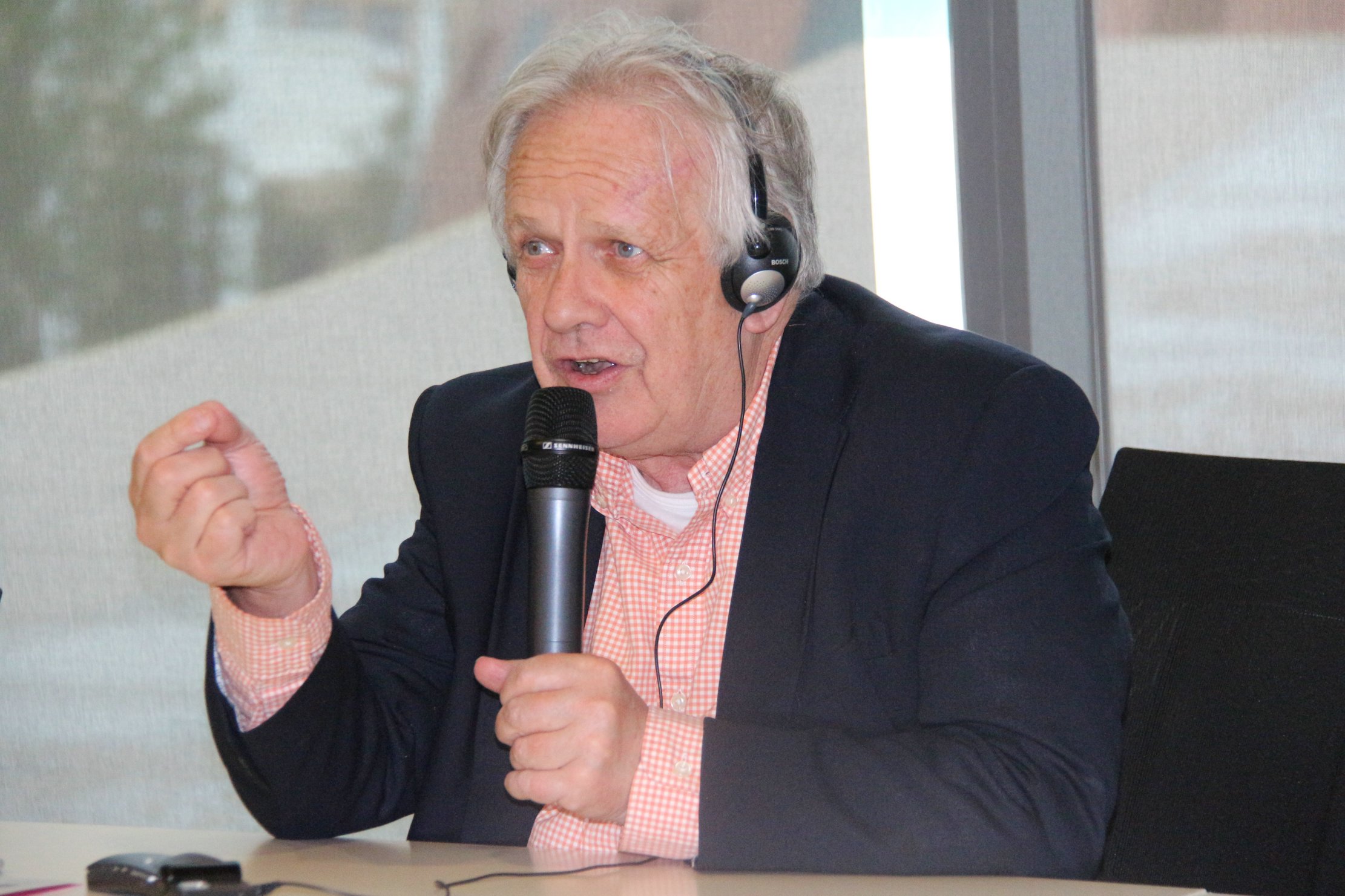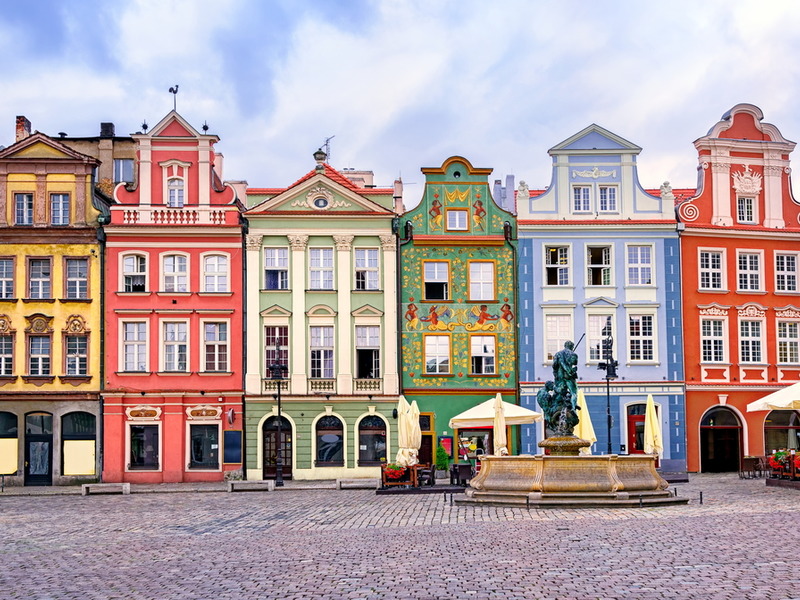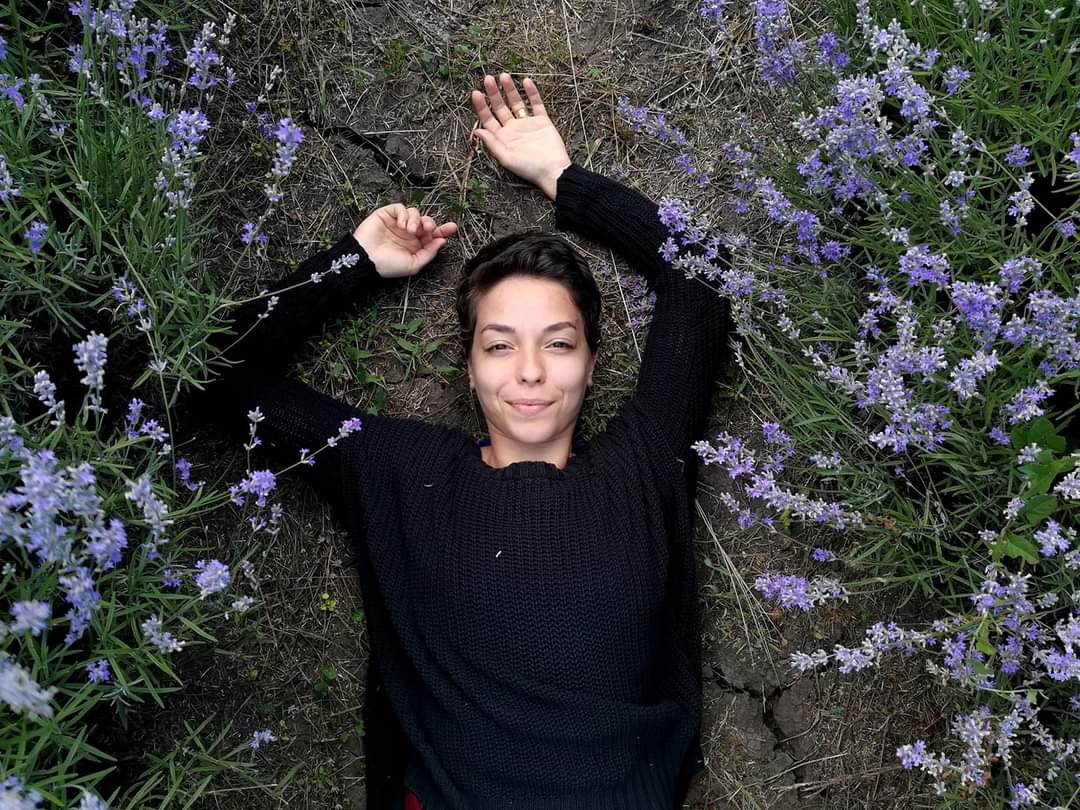
"It is important to grant any given cultural idea the opportunity to come into light and enter into life"
Cultural and creative industries and state support
G. Carey: If the government or the state provides full funding for the cultural and creative industries, I believe, any independence and, correspondingly, any freedom of existence of these sectors are out of the question. It's another matter that the government can create conditions, under which the creative industries could raise funding. In other words, this is what we call open and competitive market.
J. Salimkhanov: Cultural and creative industries always search for ways to survive, even in the absence of any support or under sharp economic decline. Let's say, in our case the oil prices downturn is actually a tool against stagnation. The economic slowdown in the country, whether directly or indirectly, enables people to think creatively and change something in their lives. Good example is to recall the times of Margaret Thatcher's austerity program, which ignited and activated the incredible potential of cultural and creative industries in the Great Britain. One must recognize that their advancements of creative industries were eventually passed to other countries. China immediately jumped on the bandwagon, as well as the Arab countries, which also paid due attention to it.
Alternative sources of support
G. Carey: As to the economic situation, I fully share the opinion that it really influences the development of cultural and creative industries. For example, the drop in newspaper readership motivated the mass media to change their approach to creating printed products. Many printed media cut number of pages for costs reasons. This, in turn, had an impact on the qualitative and quantitative content. The number of pages fell significantly and they started paying more attention to the graphic component. Editors started favoring entertaining articles, often about lives of show-business celebrities in order to attract more readership. The article language became more simplified and vivid.
J. Salimkhanov: Sometimes cultural and creative industries dictate the conditions of attracting outside investments, for example, as was the case in Columbia. The internationally renowned singer Shakira and writer Garcia Marquez made greater contribution to promoting Columbia worldwide and its economic growth than one of the country’s most profitable fields such as export of Columbian coffee.
G. Carey: Yes, that is true. But in Azerbaijan's case I would not recommend concentrating all forces on looking for any specific cultural or creative industry having great uncovered potential. I would pay more attention to exploring and expanding partnerships all over the world. I would start with tourism, because invention and implementation of a creative idea is only half the battle. Its success mostly depends on how we are going to expand this idea in the international network of cultural industries.
Cultural diversity
J. Salimkhanov: Lately many musical clubs have opened in Baku. You can listen to any type of music you can only imagine. There are also many new amateur theaters and other cultural workshops, which I have had absolutely no idea about. Notably that I mostly learned about them not from mass media, but from social networks and other sources in the Internet. I believe that any initiative by the mass media to promote these new developments in cultural and creative industries would be most welcome.
G. Carey: Implementation of an idea, whether in high or mass culture, needs time, which sorts everything out. Let me show an example. Shakespeare's works turned into a masterpiece of high arts only 200 years after he wrote them. Before that no one took his writing seriously. His plays were regarded as what we call entertaining publications. Therefore I would not recommend making any premature forecasts. It is much more important to grant any given cultural idea the opportunity to come into light and enter into life. Eventually it will take its deserving place in contemporary cultural and creative industries.
Theses from the meeting with editors and journalists, 22 April, 2016, Baku, Azerbaijan




